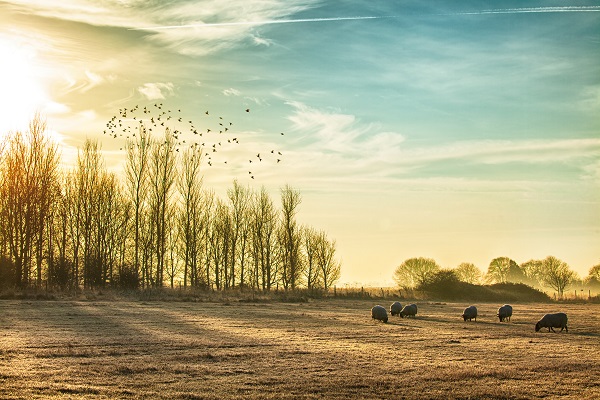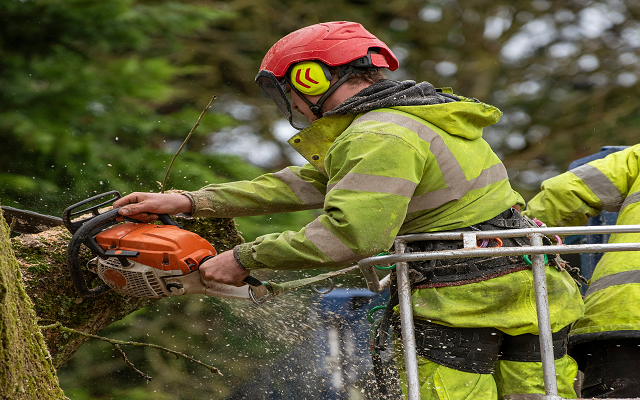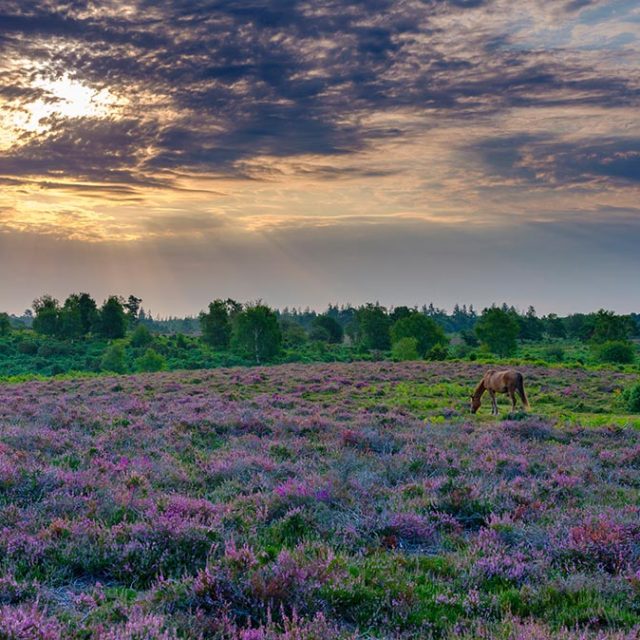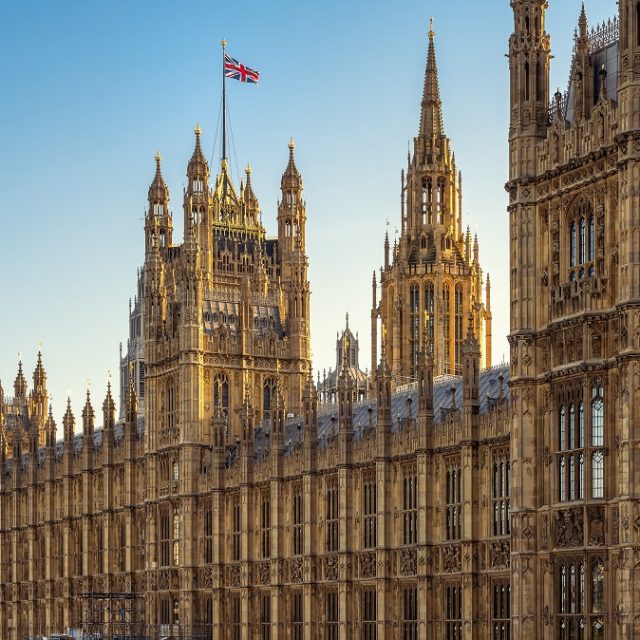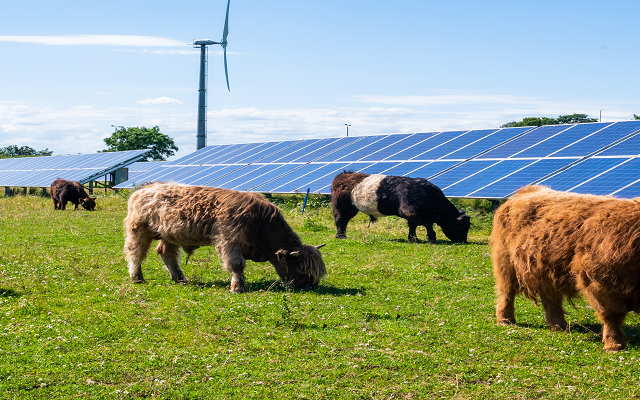Land Business Update | Week Commencing 6th March 2023
FARMING
Basic Payment Scheme opens in England on 14th March
This year payments will be 35 – 55% lower than historical rates. Please contact your local farming team or Andrew Atkinson, who writes our guide to Basic Payments, if you have any questions about BPS or planning farming systems to adjust to the reductions.
How more sustainable diets could affect farm outputs and profits
New modelling of the effect of a change to more sustainable diets (in this case the EAT-Lancet dietary recommendations) unsurprisingly shows that production and prices of animal-based products decrease, while production and prices for fruits and vegetables increase sharply. Across the EU-27, overall farm income would increase, although it can fall at country, regional or farm level, if they specialised in animal-based products. Using Germany as a case study, which has a large livestock sector, the average dairy, pig and poultry farms could lose up to 33% of their income, while farms with a high share of vegetables could gain more than 30% in income. The work highlights that structural change in the agricultural sector could be significant (depending on the speed of change in diet.) The authors suggest that governments provide more information on consumers’ dietary patterns on a regular basis.
ENVIRONMENT
National Parks get awarded more funding
England’s ten National Parks will be receiving additional funding, despite an announcement before Christmas that they would be subject to funding cuts. The new £4.4m will be shared equally and used to support services such as visitor centres and park rangers. Separately, the Farming in Protected Landscapes (FIPL) scheme will be extended until March 2025.
Protected areas and insect species
This interesting piece of research found that protected areas, such as Sites of Special Scientific Interest and Local Nature Reserves, have 15% more species on average than unprotected ones. However, both insect pollinator and predator numbers had fallen on both protected and unprotected sites by 27% between 1990 and 2018, with pollinators suffering particularly severe declines. The researchers conclude that insect species presence and populations are changing, and falling, on both protected and unprotected areas. They call for more effective protected areas plus action in unprotected areas to try to ‘bend the curve of biodiversity loss’.
PROPERTY AND RURAL ECONOMY
Higher council tax on second homes in Wales
From 1st April, local authorities can increase the council tax charged by up to 300% on long-term empty dwellings or a dwelling occupied periodically.
England right to rent checks amended
The updated guidance for landlords includes clarification on the use of Identity Document Validation Technology (IDVT) and Identity Service Providers (IDSPs), and the end of the changes to checks made due to COVID. Please contact Sarah Roberts if you have any questions.
Further guidance published on Biodiversity Net Gain
The new guidance confirms that landowners will be able to stack Biodiversity Net Gain (BNG) on land in agri-environment schemes and land delivering other services, such as nutrient neutrality and carbon credits, as long as no double-funding is taking place. Some development sites will be exempt from having to deliver a 10% BNG uplift, primarily self-build sites and permitted development projects, with small sites also exempt but only until April 2024. The latter will benefit landowners and farmers that may have a diversification project in the pipeline that can be completed before then. Defra is expected to launch its BNG land register and a new version of its biodiversity measuring metric before November, when BNG requirements will come into force. S&P comment: creating habitat banks for BNG credits generation can add a valuable income stream to farming businesses. However, there are still some unknowns about the tax treatment of BNG and there will be a fee to register land with Defra, both of which must be considered before entering into an agreement with a developer, among other matters. If you have any questions about BNG please contact Jonty Rawcliffe, our Head of Natural Capital for England.
Views sought on changes to permitted development rights in England
The Government has launched a consultation which proposes to amend some permitted development (PD) rights in England relating to camping, renewable energy and film-making. It is open until 25th April 2023 and the key proposed changes include:
- A new PD right to support temporary recreational campsites, which will be able to operate for up to 60 days per calendar year, allowing for up to 30 tents to be erected on the land at any one time.
- A new limitation regarding domestic solar panels on flat roofs so that the highest part of the equipment must be no higher than 0.6 metres above the highest part of the roof (excluding any chimney).
- Removing the existing restriction which prevents stand-alone solar being installed if it is closer to the highway than the building, if the land is in a conservation area, AONB, the Broads, National Park or World Heritage Site.
Peatland Code updated (UK-wide) and Nature for Climate Peatland Grant Scheme opening for applications (England only)
A number of technical changes have been made to the UK Peatland Code:
- The biggest change is to the peat depth measurements. All deep peat measurements on bog sites will continue to be measured on a 100m x 100m basis, but any areas of peat <50cm will require a 50m x 50m grid pattern, so needing more sample points to be taken.
- The shallowest areas of peat depth has changed to 30cm, and must be part of a contiguous area of deeper peat in the same hydrological system.
- Emission factors have been realigned with the most up-to-date UK Greenhouse Gas Inventory; most have been reduced.
- Lowland peat has been added so that it is now eligible for carbon credit registration. It must have a minimum peat depth of 40cm and water table measurements are required.
The Nature for Climate Peatland Grant Scheme will open for a third round of applications in April. It funds 75% of the costs of restoration projects in England that can start in 2023/24. It will only be open for two months. The scheme can work alongside Countryside Stewardship and Environmental Stewardship schemes and is also compatible with the Peatland Code v2.0 (see above). Please call Andy Adamson in our peatland team for more details or to discuss potential restoration projects.
SHOOTING
94% of pheasants are still shot with lead, says Cambridge University
This is significant as in 2020 the major shooting organisations committed to phasing out the use of lead by 2025, to protect the environment and ensure a safer supply of game meat for consumers. Despite many shooting organisations promoting the alternatives to lead, only 6% of shot found in the carcasses of birds was steel or bismuth. The Health & Safety Executive has recommended a ban on lead shot but it is not supported by many shooting organisations. Some game meat suppliers, including Waitrose, have voluntarily said they will stop selling game killed using lead shot.
